Evolving Ideas with the Coimbatore Collector and Officials
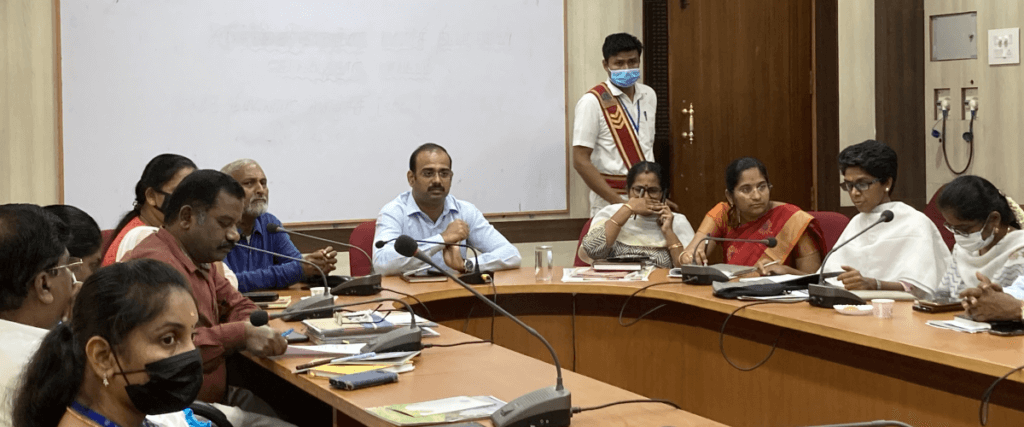
September 23, 2022 By Vinitha Murukesan and Bagavanidhi M.Project Coordinator – Community Well-being (Coimbatore)Technical Coordinator – Governance We’ve been working with the Tamil Nadu Urban Sanitation Support Programme (TNUSSP) for seven years now, with our projects largely based in the hills. With the two projects that were active in the plains (Periyanaickenpalayam and Narasimhanaickenpalayam) coming […]
Community Well-being at the HDCA Conference 2022 in Belgium

September 22, 2022 By Kanmani PalanisamyCommunity Well-being Amartya Sen and Martha Nussbaum theorized the ‘Capability Approach’ framework in the 1980s as a unique perspective on welfare economics. He proposed that a person or a community’s true capability (considering real world obstacles) to achieve a life that aligns with their values must be assessed rather than […]
Steering the Shift to Organic Methods in Tea Farming Across the Nilgiris
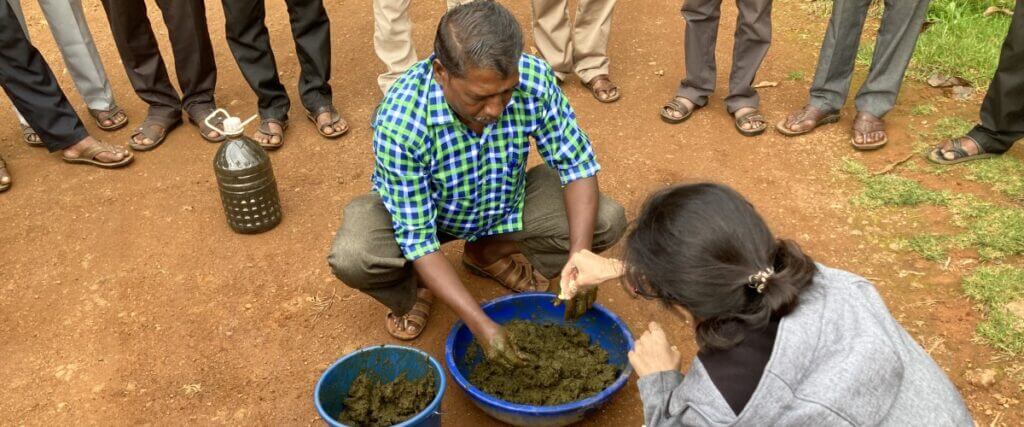
September 19, 2022 By Harshavardhini AngappanTechnical Coordinator – Ecological Restoration In May 2022, our Biodiversity Conservation team began a three-month training programme on traditional and organic farming methods for tea growers in the Nilgiris from INCDOSERVE. Also called Industrial Corporative Tea Factory, INDCOSERVE members constitute around 30,000 small tea farmers in the Nilgiris and is […]
Book by FAO Mentions Last Forest as a Case Study
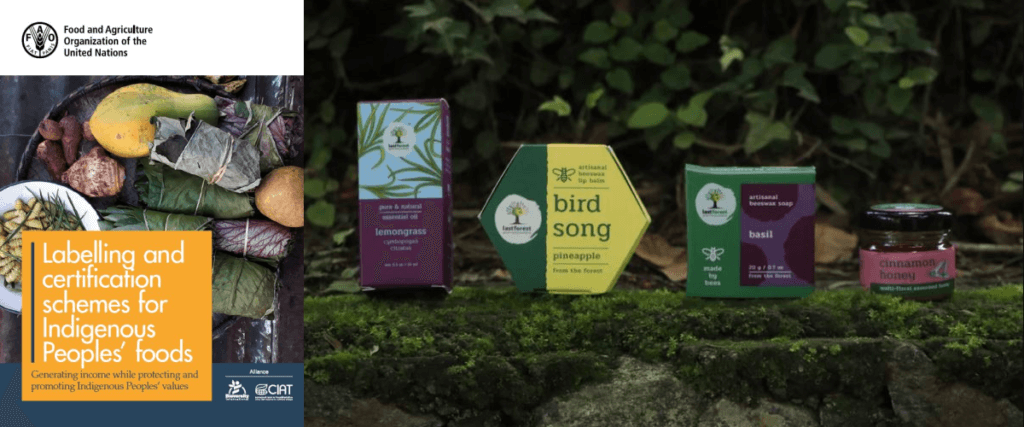
September 12, 2022 By Madhu RavishankarHead Office, Last Forest This month, the Food and Agriculture Organization of the United Nations (FAO) published Labelling and Certification Schemes for Indigenous Peoples’ Foods, a first-of-its-kind review that spotlighted Keystone Foundation and Last Forest Enterprises. The publication looked into the role and potential of labelling and certification in marketing […]
Barefoot Ecology Training as a two-way learning experience
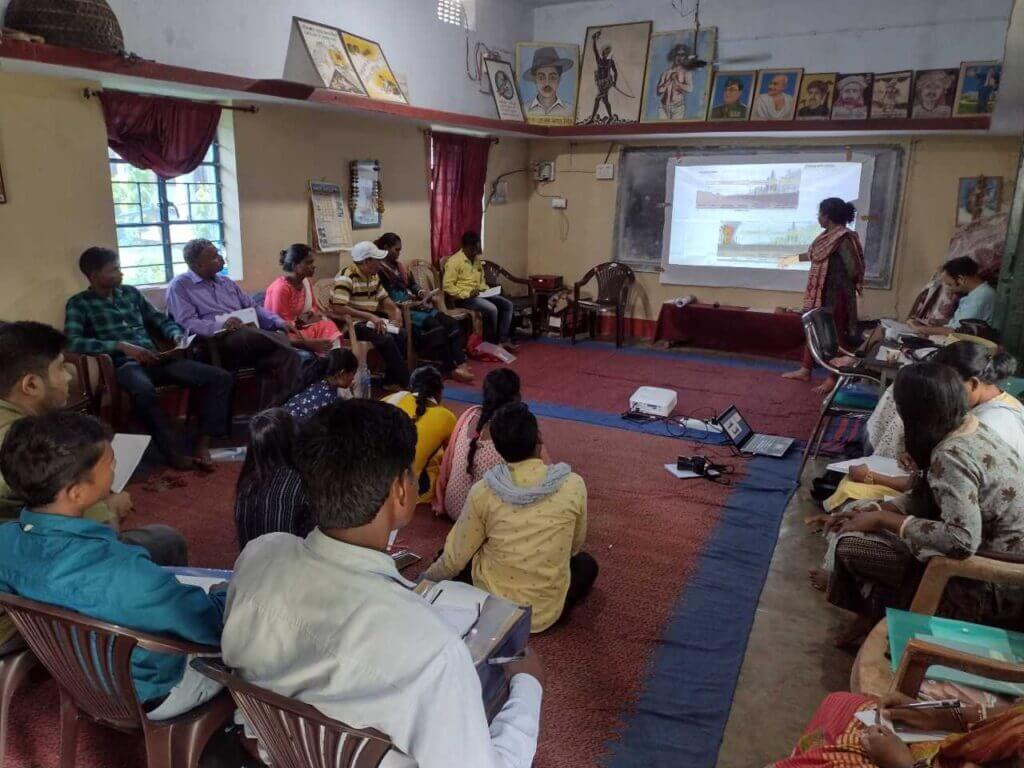
Bhavya George The socio-ecological changes observed and experienced due to Climate Change for sure have an impact on the natural resources, food security, health and livelihoods. The threat is especially severe for the indigenous and local communities dependent on natural resources for their everyday life. It becomes important in that context for the communities to […]
Exploring Public Histories through Community Narratives: A researcher workshop and partners’ visit – June 2022
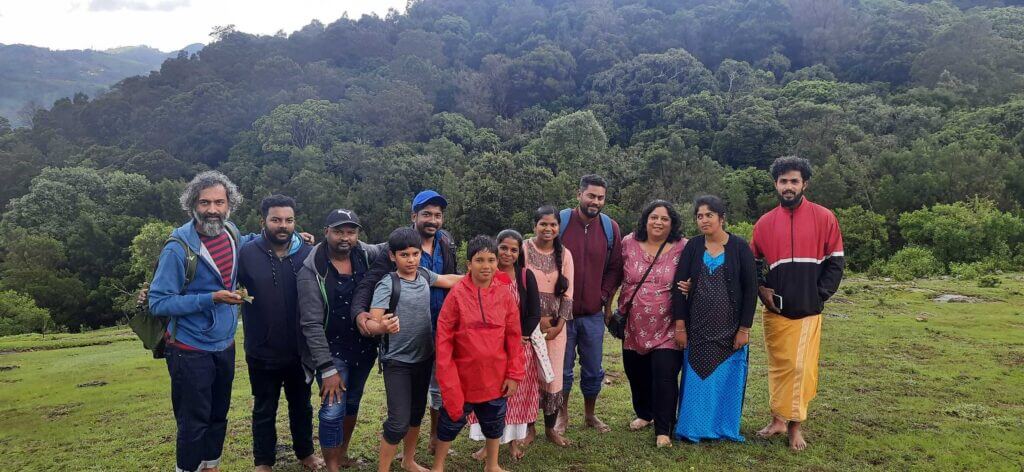
An ongoing project with the British Academy, titled ‘The Ownership of Public Histories’ or TOPHI for short, has supported indigenous groups who have been engaged in conversations and community research on community histories, traditional knowledge, documentation of traditional cultural expressions and building resources for aiding intergenerational knowledge transfer. A key component of the project has […]
Ecofriends – Nattarivu Padana Kendram, Ellumannam, Wayanad
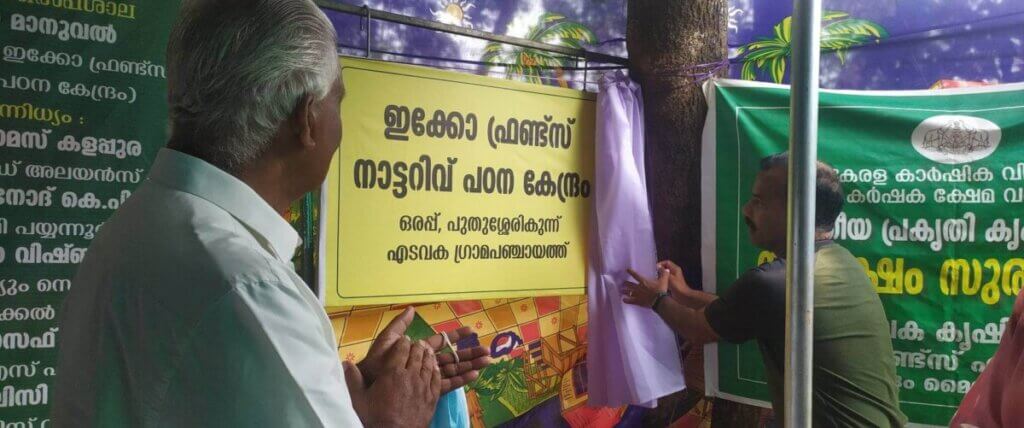
Wayanad is known for its rich diversity of nature, agriculture and people. This district is an abode of several indigenous people like Kattunaicken, Paniyan, Adiyan, Kurichyan and Mullukuruman etc. All these communities are known for their unique traditions and knowledge systems. The early nontribal communities are belonging to different indigenous communities like Wayanadan and Moundadan […]
Voices of the Adivasi women
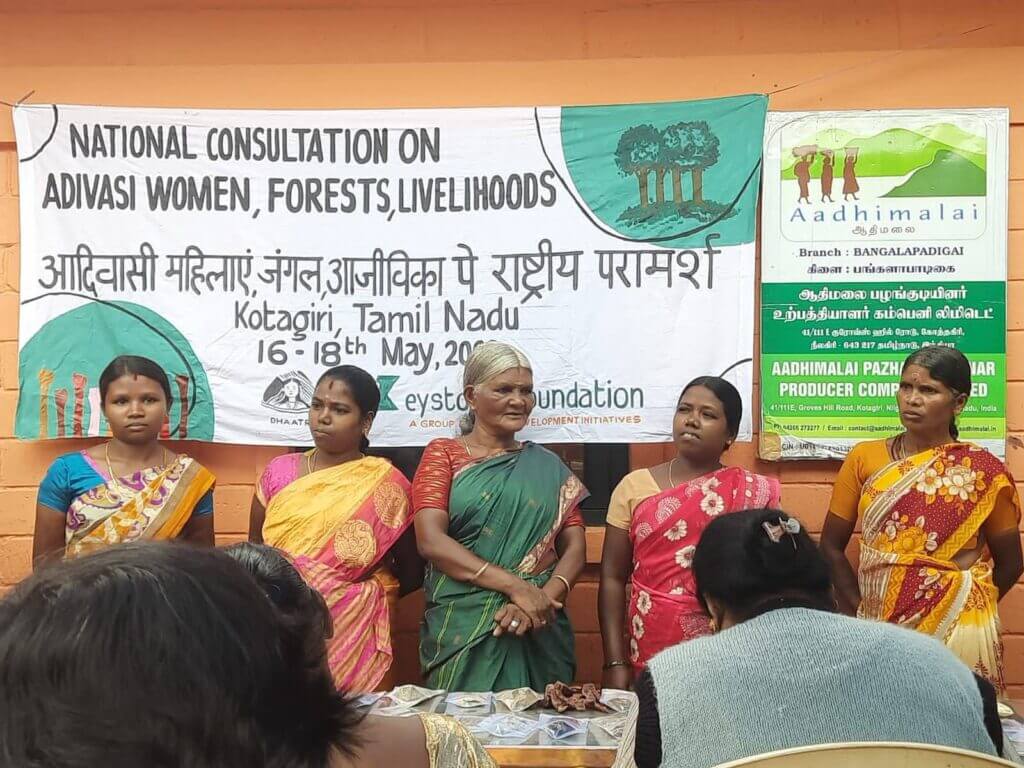
National Consultation on Adivasi Women, Forests and Livelihoods was held from May 16th to 18th in Keystone Foundation Campus. Dhaatri and Keystone Foundation took the lead of the event along with other partners. This consultation, aimed at bringing together several Adivasi women’s rights groups to reflect, envision and explore the multiple forms of strategic advocacy […]
Sixth Week – Water and Waste
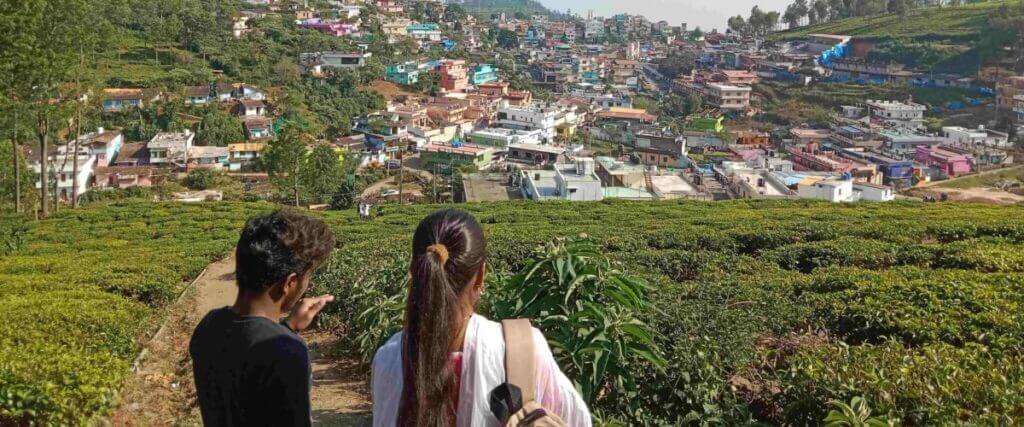
Week 6 of the NFLC program was a mix of Zoom classes taught by Neema Kudva from Cornell University, and field work. The topics discussed were water and waste, and the structure of this week was such that the theory learned was applied almost immediately to practice creating an all-round learning experience. The first day […]
Third Week – NFLC program on gender
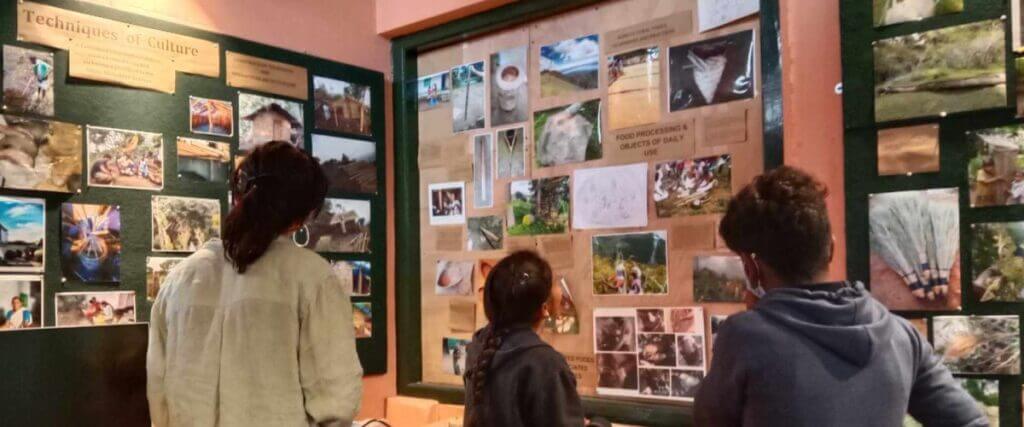
While week 3 of the NFLC program focused mainly on gender, the week kicked off with a the NBR bus ride, a field trip to Satyamangalam Tiger Reserve. On this field trip, students visited a museum, an Elephant training center, and a Kota village. The first day of studying and discussing gender commenced with a […]













